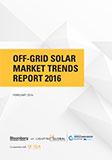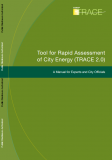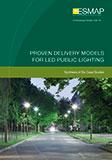Publications
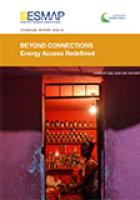
Beyond Connections: Energy Access Redefined
Access to energy has been measured traditionally in binary terms—either having access or not. However, this method does not capture the multiple aspects of access—capacity, duration, quality and reliability, affordability, and safety—and its impact on socioeconomic development. This report outlines a new multi-tier framework (MTF) for defining and measuring energy access.
The framework looks at the multiple dimensions of access in households, business, and community facilities. By providing more accurate, granular, and disaggregate data on the actual services received, the MTF is gearing up to become a powerful tool for tracking SDG7 and SE4All goals, and for informing policy and investment decisions. Information from the MTF can be used to prioritize investments and interventions, track progress, and capture the various modes of access delivery from grid to off-grid and to the range of cooking methods and fuels used. Finally, it could also help reflect the contributions of various programs, agencies, and national governments toward achieving the SE4All goals.
Energy Access Diagnostic Report Based on the Multi-Tier Framework (MTF): Beyond Connections
Citation
Bhatia, Mikul; Angelou, Niki. 2015. Beyond Connections: Energy Access Redefined. ESMAP Technical Report; 008/15. World Bank, Washington, DC. © World Bank. https://openknowledge.worldbank.org/handle/10986/24368 License: CC BY 3.0 IGO.
Users also downloaded
April 30 2017
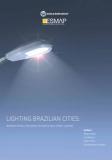
February 29 2016
